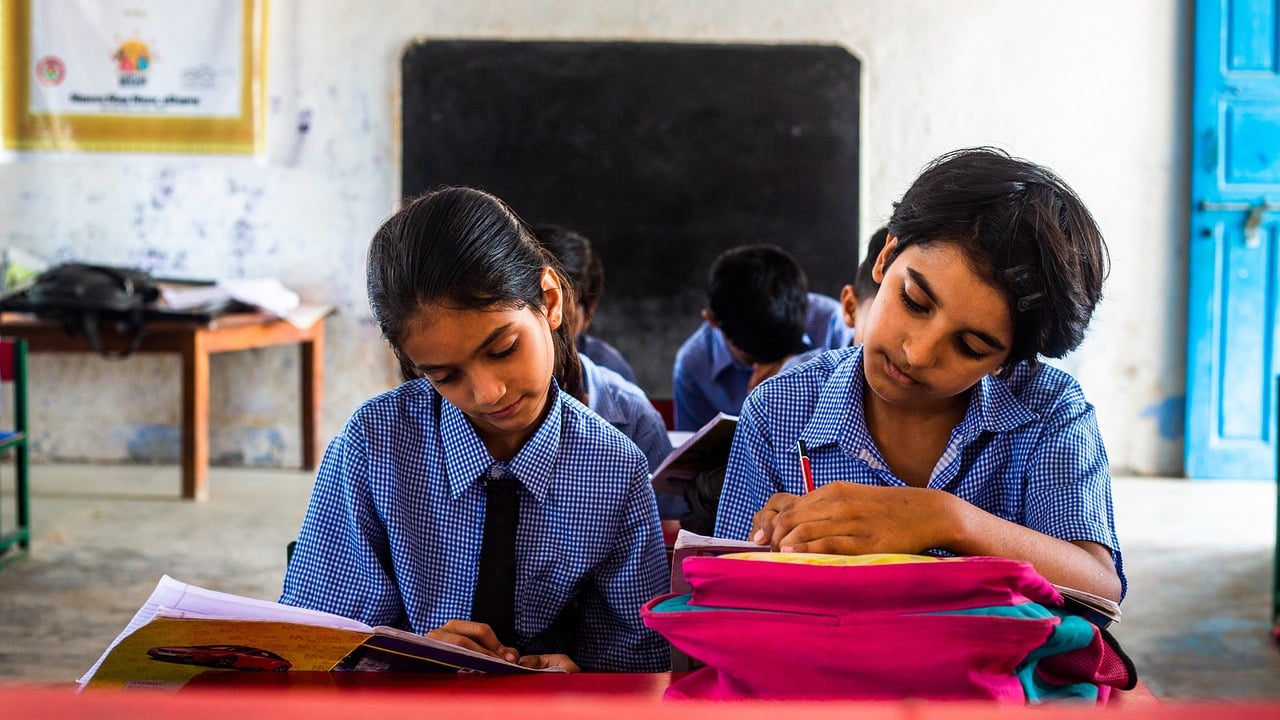AI in Fostering Inclusivity for Marginalized Communities
AI in Fostering Inclusivity for Marginalized Communities
Artificial Intelligence (AI) technology is transcending beyond its mainstream commercial uses and is now casting a lifeline to marginalized communities worldwide. An unexpected convergence of high-end technology and social inclusivity promises to become an indispensable catalyst for societal transformation. This Quick Take explores the nascent tidal wave where AI empowers the unterminated layers of society, effectively redefining their role in the global economic landscape.
2 April 2024
BACK TO BLOGS

As we stand at the confluence of technological revolution and social restructuring, AI's capability to bridge the digital divide has emerged not just as a promising trend but as an imperative course of action. The current developments suggest that AI's application in supporting the disenfranchised segments of society is not only accelerating but also gaining multipronged dimensions that could challenge the very fabric of industry norms and create a more equitable global market.
What's Changing?
Significant shifts are occurring on the ground as AI finds its way into the hands of marginalized communities. The progress is witnessed, for instance, in the digital revolution happening across Africa, where the e-commerce market is expected to reach US$ 29 billion by 2025. Local entrepreneurs are leveraging AI to overcome infrastructure hurdles and delve into global markets, portending to reshape entire industries from retail to telecommunications.
In the realm of education, institutions such as the Central Board of Secondary Education (CBSE) in India are considering policies to integrate AI in curricula, thereby equipping the future workforce with advanced skill sets and leveling the playing field for students from all backgrounds. Concurrently, advancements in wireless connectivity, such as the promise of 6G technology, are set to unlock even greater potential for remote communities to engage in the digital economy.
Why is this Important?
The empowerment of marginalized communities through AI is pivotal as it bears multifaceted significance. In economically underdeveloped regions, AI provides a lifeline to global economic participation, innovation, and self-sufficiency. Some entrepreneurs in economically budding nations are bypassing traditional growth stages and adopting cutting-edge technologies, thereby recalibrating the economic dynamics at a global scale.
Furthermore, this empowerment extends to improved access to essential services like education, healthcare, and equal employment — all facilitated by AI. The deployment of AI in educational initiatives opens up new vistas for individual upliftment and societal advancement, ultimately contributing to the reduction of poverty levels.
Implications
The implications of this emerging trend are both profound and manifold. Business models across industries could shift as marginalized communities rise as both new consumers and competitors. A reorientation toward more inclusive business practices and the widening of markets will likely spur innovation and diversification of products and services.
The political landscape will also experience upheavals as these empowered communities gain a voice and the ability to influence policies and assert their rights. This acceleration can herald a significant shift in geopolitical power balances, as nations with large marginalized populations emerge as significant players on the world stage propelled by technology.
Questions
-
How will the empowerment of marginalized communities through AI impact current industry leaders?
-
What strategies should businesses adopt to inclusively engage with these burgeoning digital economies?
-
Will this lead to a new wave of sustainable economic models centered on technologies such as AI?
-
How can governments and multinational organizations facilitate the responsible use of AI for social empowerment?
Summary
In the not-too-distant future, the widespread use of AI might be the key that unlocks unprecedented potential within marginalized communities worldwide. By playing into this trend wisely, businesses have a chance to be on the right side of history, actively partaking in and benefitting from an inclusive, equitable global growth story.
Bibliography
Image by Swastik Arora from Pixabay
